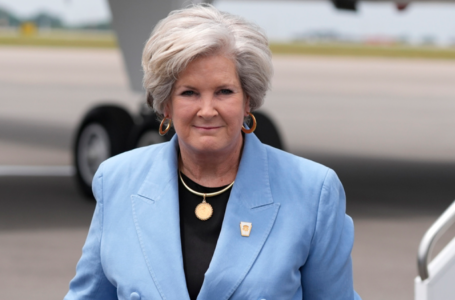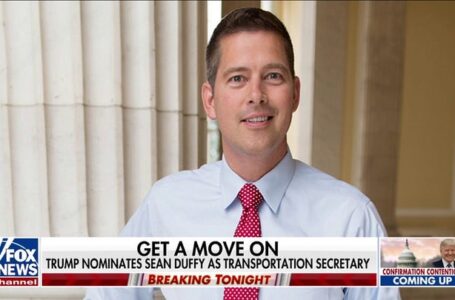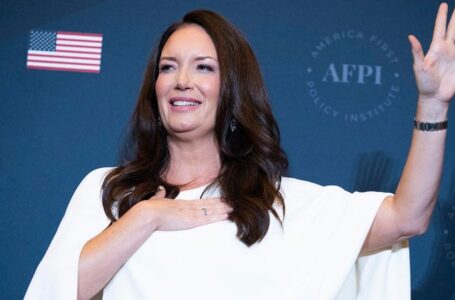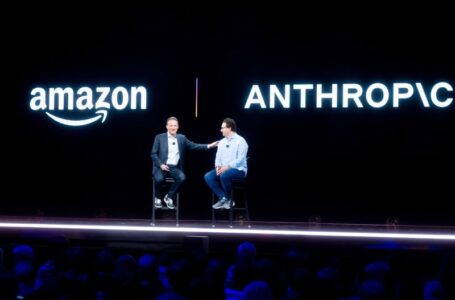Missing Israeli citizen found dead in UAE in ‘antisemitic terrorist act,’ Israel says
Amazon hikes wages for contract delivery drivers as union pressures grow
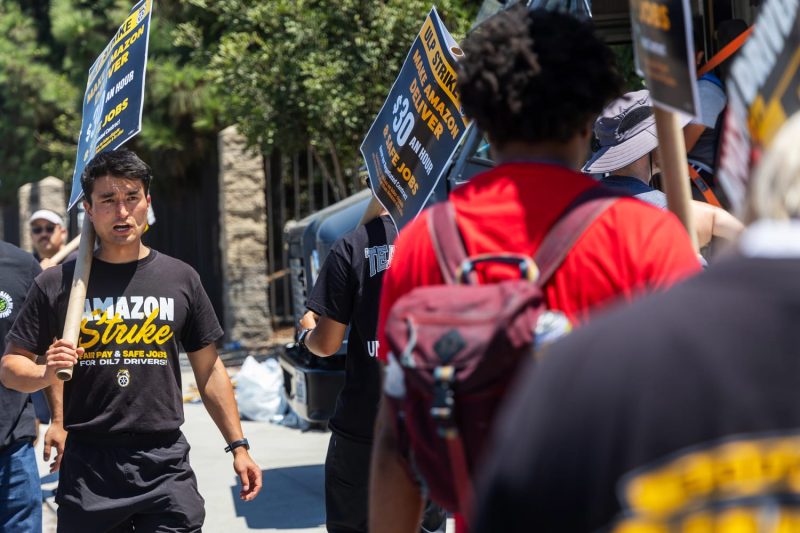

Amazon is bumping its average national pay for contracted delivery drivers to roughly $22 an hour, up from $20.50 an hour, the company said Thursday.
The wage increase is part of Amazon’s $2.1 billion investment this year into its delivery service partner program, which are the legions of contracted firms that handle last-mile delivery of packages from the company’s warehouses to shoppers’ doorsteps.
The company’s announcement comes as it faces a renewed unionization effort among its contracted delivery workers.
Beryl Tomay, Amazon’s vice president of transportation, wrote in a blog post that many DSPs are “already paying well above” $22 an hour. The increased rates will continue to support DSPs “in their efforts to recruit and retain high-performing teams.”
Amazon announced the pay bump at the same time that it is hosting an annual, closed-door conference for those delivery contractors, called Ignite Live, in Las Vegas. The company made a similar announcement at last year’s event. Amazon has said it has added more than 3,500 DSPs to the program since it launched in 2018.
The Teamsters Union has led several strikes at Amazon delivery facilities in the past year, and it has made organizing Amazon employees a key focus after launching a division dedicated to the online retail giant in 2021.
The National Labor Relations Board has also been scrutinizing the company’s relationship with its contracted delivery workforce. Since August, the federal labor agency has issued two determinations finding that Amazon should be deemed a “joint employer” of employees at two subcontracted delivery companies. The NLRB’s determination could compel Amazon to bargain with employees seeking to unionize.
Amazon has fought to avoid being designated as a joint employer of its contracted delivery drivers, arguing that the workers are employed by third-party firms. Lawmakers and labor groups have disputed the company’s characterization, saying drivers wear Amazon-branded uniforms, drive Amazon-branded vans and have their schedules and performance expectations set by Amazon.
The company has previously said it disagrees with the NLRB’s findings.


